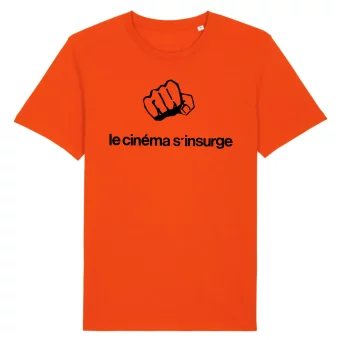“I believe in Faeries. It is very natural and not a bit foolish; for in these days we are quickly learning how little we know of any other world than our own.”
– Bernard Sleigh, An Anciente Mappe of Fairyland Bernard Sleigh
After doctors drilled a hole in his skull to alleviate pressure caused by an ear infection, Bernard Sleigh (1872-1954) saw new things. According to an article in The Journal of the Decorative Arts Society (1850 – the Present), “Sudden, overpowering, colour visions, came to Bernard at any time – in the street, when at work or among friends. The visions were preceded by a scent, which he described as ‘curious and very destructive’.” The feeling was like being “suspended between child and man, existing on both a temporal and psychic plane”.
And so to Bernard Sleigh’s Anciente Mappe of Fairyland, which depicts places from nursery rhymes, fairies, fairytales, Arthurian legends and the folktales of many cultures. First published in 1917, the map began with a sketch Sleigh made for his children, adding characters and places from their favourite stories.
“Every day after lunch, before he set off on his bicycle for the afternoon session at the Art School, he would read to the two of us,” recalled Sleigh’s daughter Barbara. “One wet holiday my father drew a Map of Faeryland for us. On it were marked the sites of all our best-loved fairy-stories. There is Peter Pan’s House, and the palace of La Belle Dormante and the Bridge of Roc’s Eggs, and such succinct entries as ‘Here be bogles’ and ‘Warlocks live here’. It has fascinated several generations of children.”
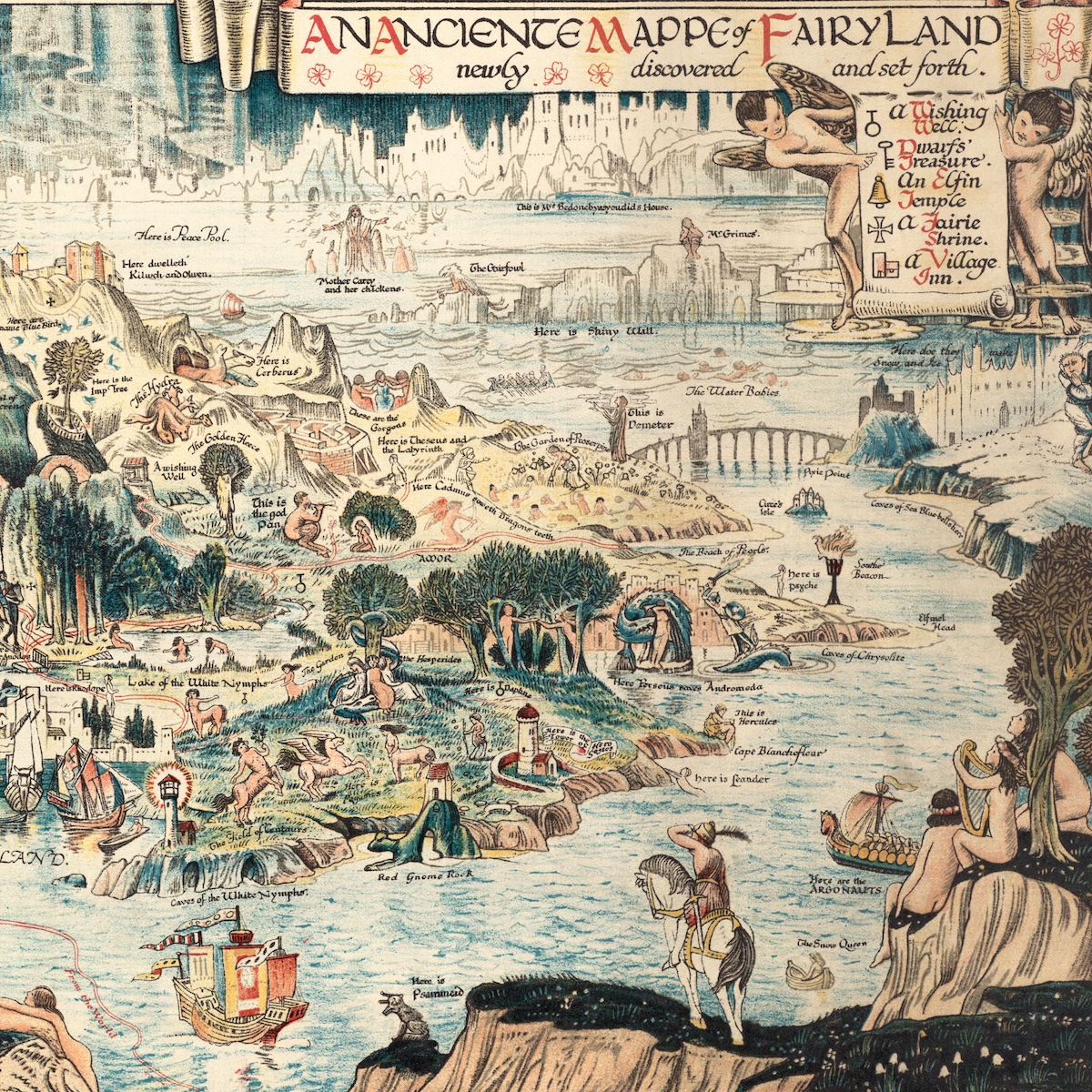
A Guide To the Map of Fairy Land
Each map was sold with the pamphlet called A Guide to the Map of Fairy Land:
“In the heart of every child, is hidden away a little golden key which unlocks the door of a silent, cleanswept room full of changing lights and mystic shadows. There, every child that is born into the world enters at times to gaze eagerly upon the one great window, pictured with ancient legends, and glowing with many colours: amber and scarlet, lapis blues and strange greens…
“At one time or another of its life, every child that is born of a woman sets trembling fingers to open wide the flashing casements—to stand gazing, awed and silent, upon a sea and sky of gold and crimson, full of winged forms grey against its summer radiance.”
It ends:
“And so, farewell; until that day of days when you and I may meet together there.”
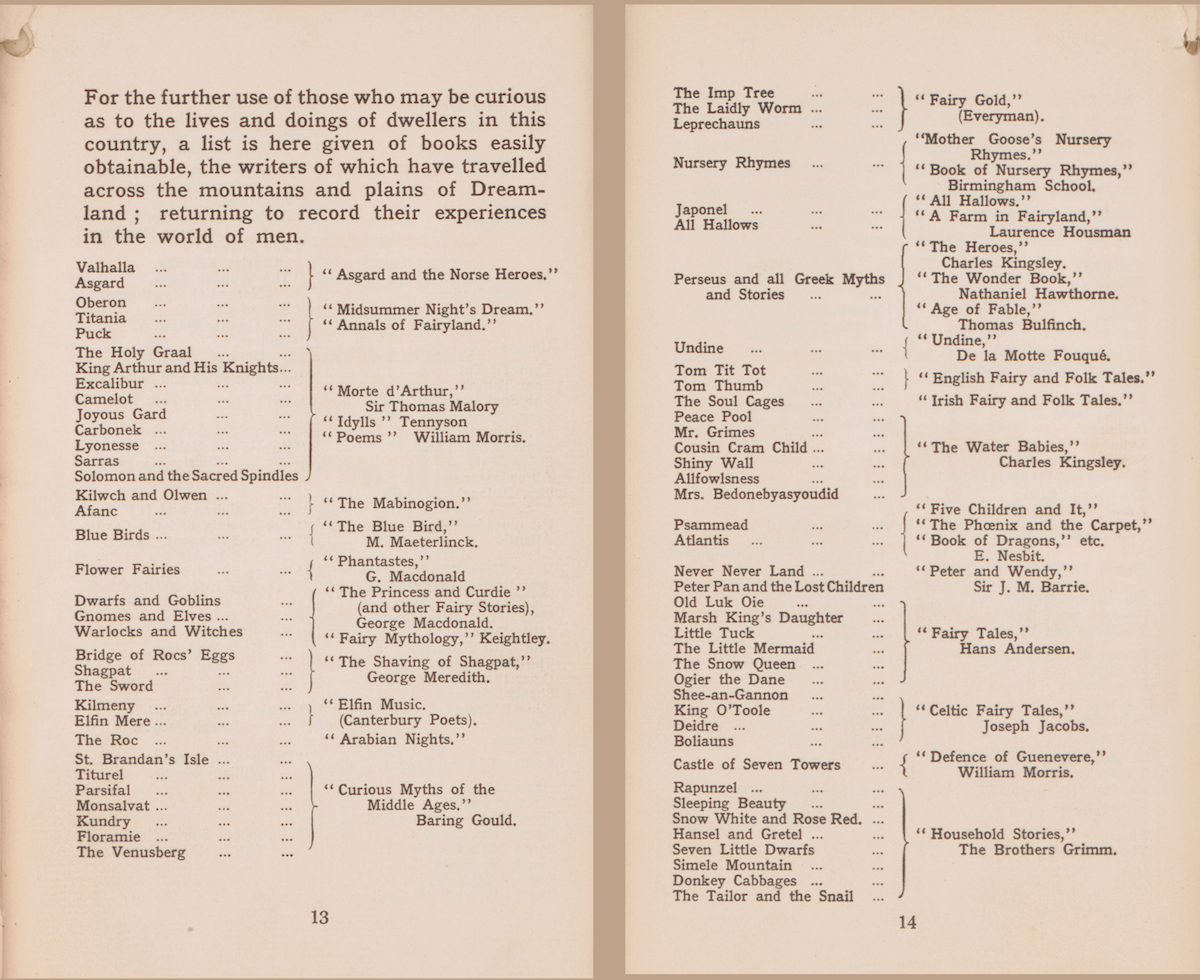
For those readers looking for more magic, Sleigh listed some writers who have “travelled across the mountains and plains of Dreamland; returning to record their experiences in the world of men”, such as Hans Christian Andersen’s Fairytales, Sir Thomas Malory’s Morte d’Arthur, Elfin Music and everything by Sir J. M. Barrie.
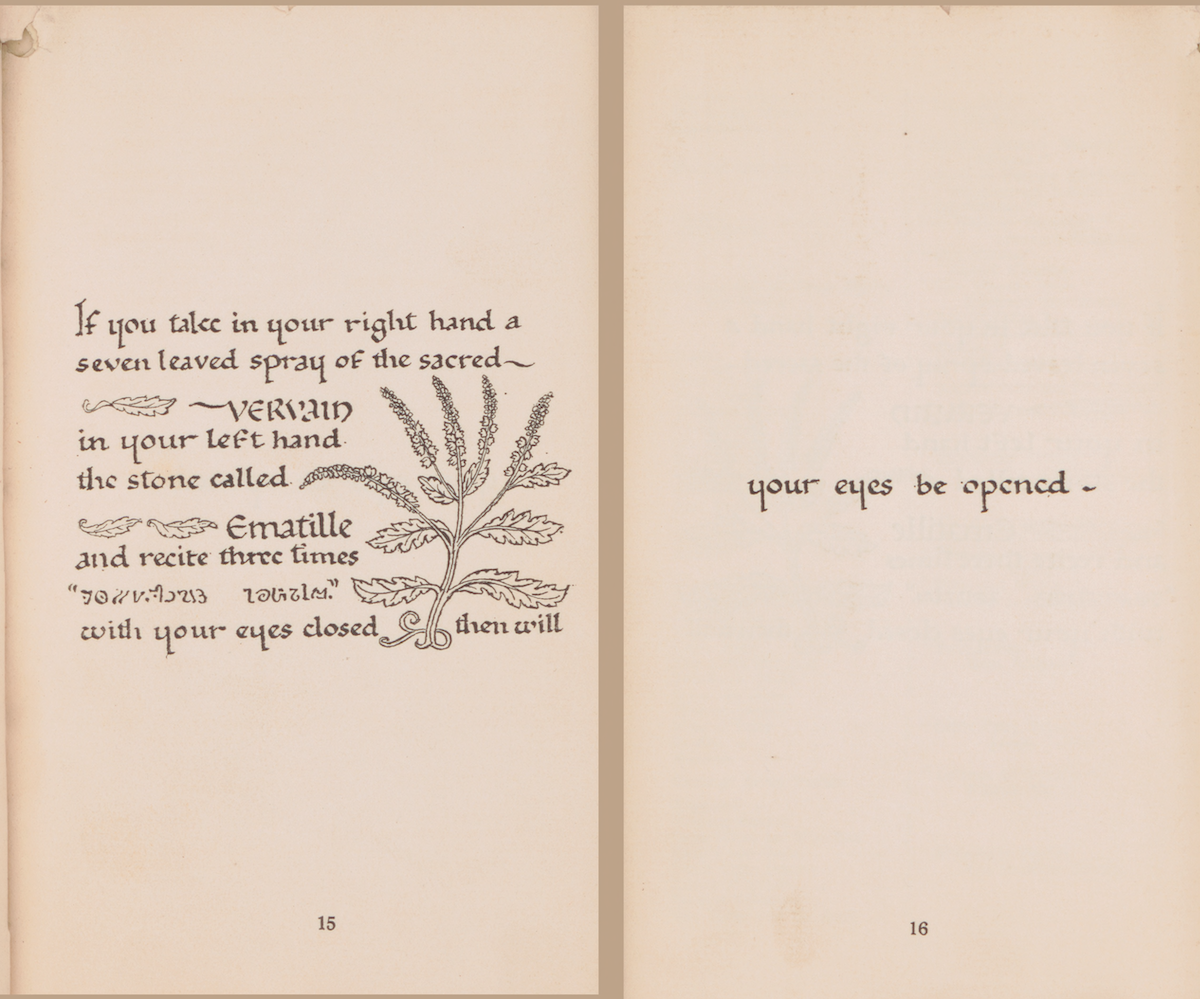
The pamphlet ends with a guide to seeing fairies. You need to hold in your right hand a seven leaved spray of the sacred VERVAIN (a plant known for its heeling powers) and in your left hand the stone called Ematille (bloodstone). Then say the incantation, which appears to be written in a mix of Hebrew, Greek, old English and perhaps an esoteric language – and might be tricky to say, and to say right.
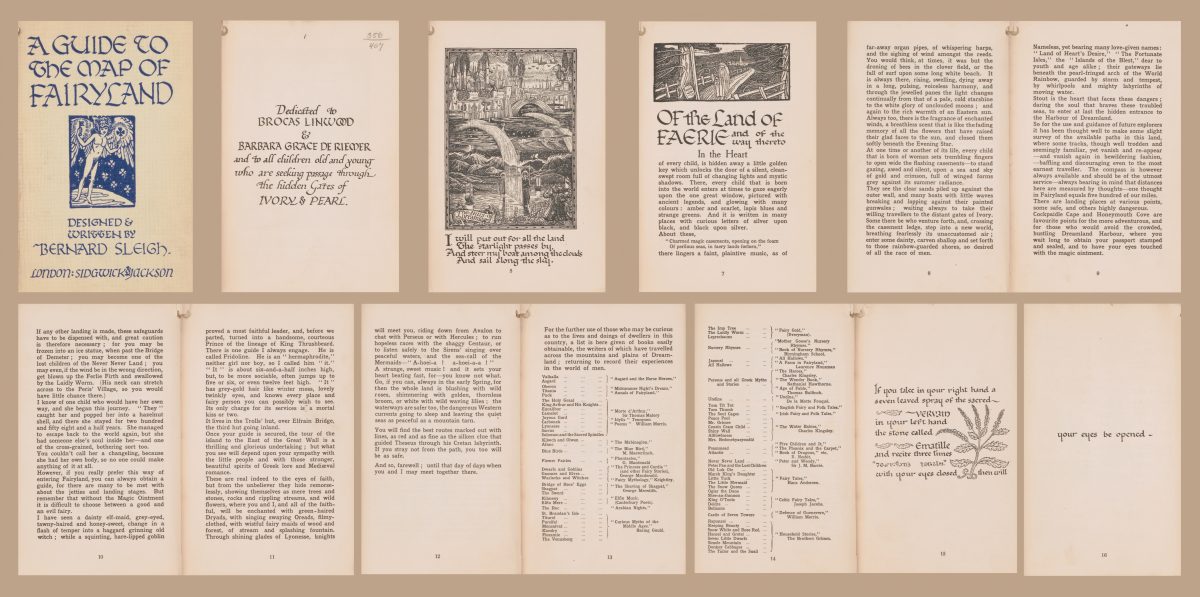
The Pamphlet to a Map of Fairyland 1922 (click to enlarge)
The Anciente Mappe of Fairyland has appeared in various forms: first as a a three-sheet lithograph in scroll form; then as smaller single sheet 1920; as a Rosebank Fabric; and as the The Faery Calendar.
Sleigh went on to create A Faery Pageant (1924), The Gates of Horn: Being Sundry Records for the Society of Faery Fact and Fallacy, and the (unpublished) autobiography Memoirs of a Human Peter Pan.
You can buy a print of the Anciente Mappe of Fairyland in our shop.
Would you like to support Flashbak?
Please consider making a donation to our site. We don't want to rely on ads to bring you the best of visual culture. You can also support us by signing up to our Mailing List. And you can also follow us on Facebook, Instagram and Twitter. For great art and culture delivered to your door, visit our shop.




